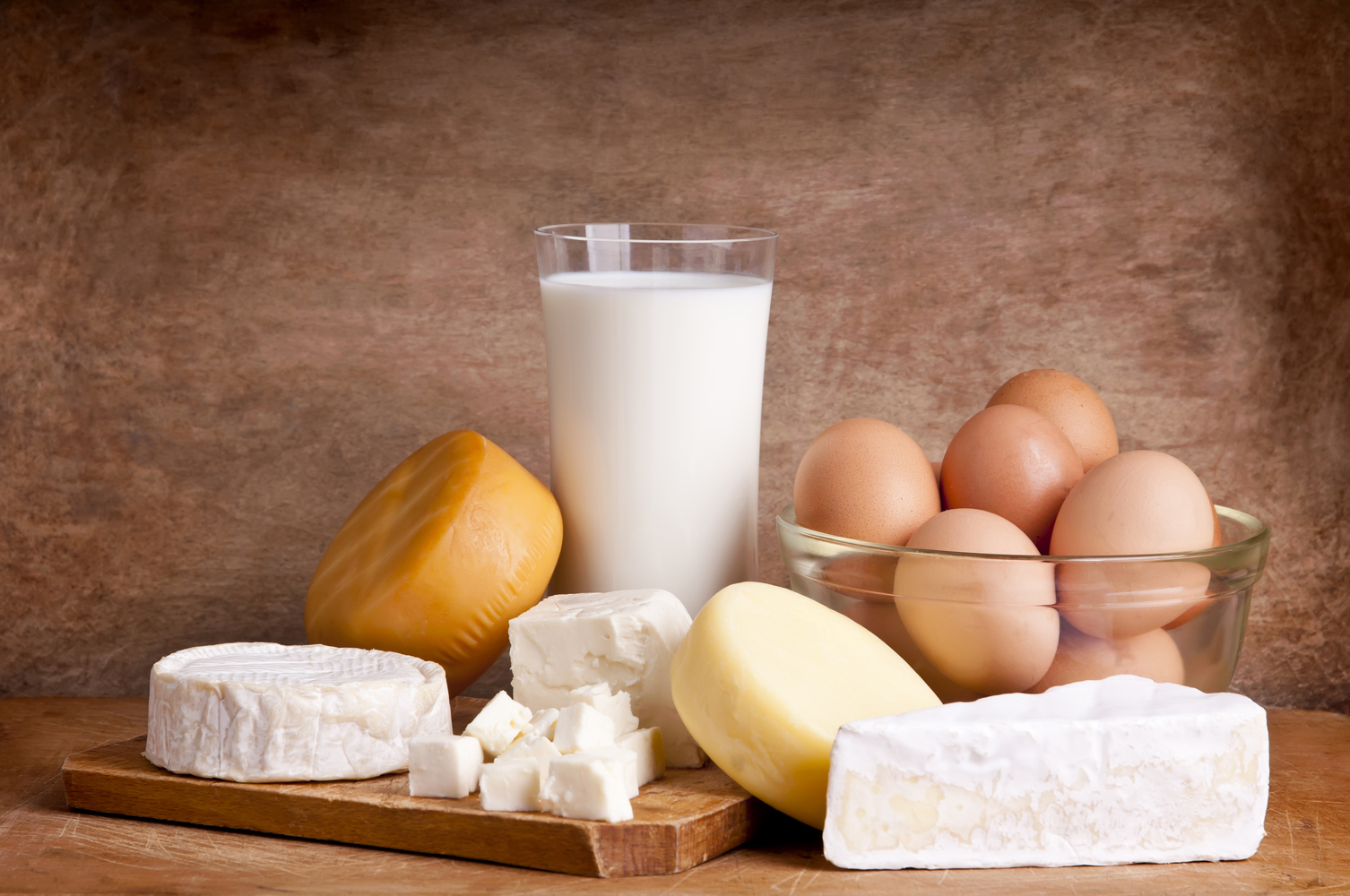
5 Foods to Avoid with Asthma
Asthma is a medical condition that affects the lungs. Asthma causes swelling and inflammation of the airways, making it difficult to breath. Symptoms include coughing, wheezing, and shortness of breath. While there is no cure, symptoms can be controlled. Asthma attacks are typically brought on by triggers. While these triggers vary by person, common triggers include smoke, pet dander, mold, perfumes, and certain foods.
Specialists often prescribe medication for patents to control asthma symptoms, but they also work with patients to identify triggers. Avoiding foods that are known to trigger asthma attacks can help asthma sufferers avoid attacks:
1. Alcoholic beverages
Alcoholic beverages tend to cause gas and bloat, making it harder to breath. Alcoholic beverages contain chemical preservatives like parabens, sulfites, and azorubine. These chemicals are linked to asthma attacks.
2. Processed Foods
Processed foods found in fast food and in grocery stores that contain parabens, nitrates, nitrites, and tartrazine are shown to worsen asthma symptoms. Many of these foods also contain high levels of salt. Excess salt leads to fluid retention and buildup in the lungs. Processed foods to avoid include:
• sauces
• desserts
• soft drinks
• processed fish
• jams
• pickles
• frozen dairy products
• processed vegetables
• lunch meats and hot dogs
3. Commercially packaged shellfish
Commercial packaged seafood and shellfish contain sulfite preservatives. People who consume commercially packaged seafood or other foods high preserved with sulfites are at higher risk of asthma attacks. Sulfites are used as preservatives for various foods including seafood, fruits and vegetables, medications, dried fruits, alcoholic beverages, peeled potatoes, and pickled condiments. People may reduce the risk of asthma attacks by eating fresh seafood and avoiding foods containing sulfites.
4. Dairy foods
Eating dairy foods in moderation is a good idea for asthma sufferers. Dairy foods such as cheese and milk tend to cause gas and bloating, making it more difficult to breath. Many cheeses contain a coloring dye called Azorubine, which is causally linked to respiratory allergies. Milk and eggs are at the top of the list of most common food allergies. Many people do not know that they have a food allergy. Not all food allergies cause severe reactions. People with asthma can take tests to check for allergic reactions to dairy foods to ensure that these foods are not an underlying trigger.
5. Foods high in fat, sugar, and salt
One study showed a significant increase of asthma attacks among people with diets high in fat, sugar, and salt. Consumption pastries, chocolate and sweet desserts, candies, salty snacks, chips, fruit juices, soft drinks, and alcoholic beverages was associated with asthma prevalence.
As an added measure, asthma sufferers should avoid any foods that they are even slightly allergic to. Eating a balanced diet while avoiding foods that trigger asthma attacks will lower the risk of asthma attacks. Avoiding foods that are preserved using harmful chemicals is especially important for asthma sufferers. Moderation is crucial for asthma sufferers who want to reduce onset of asthma attacks.


